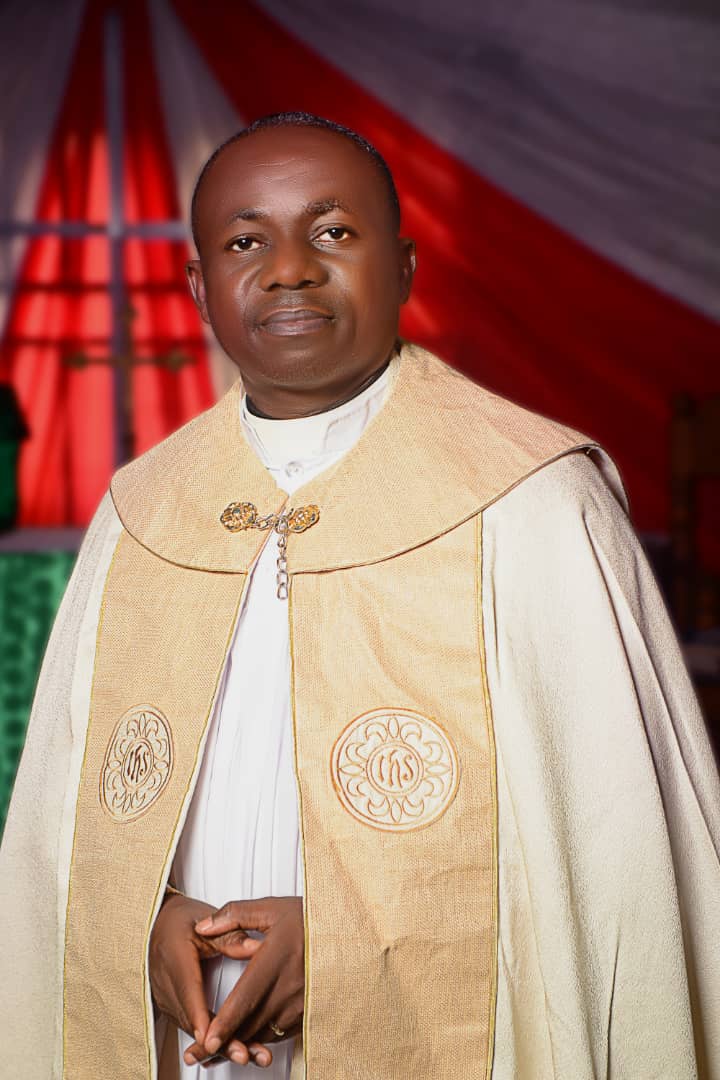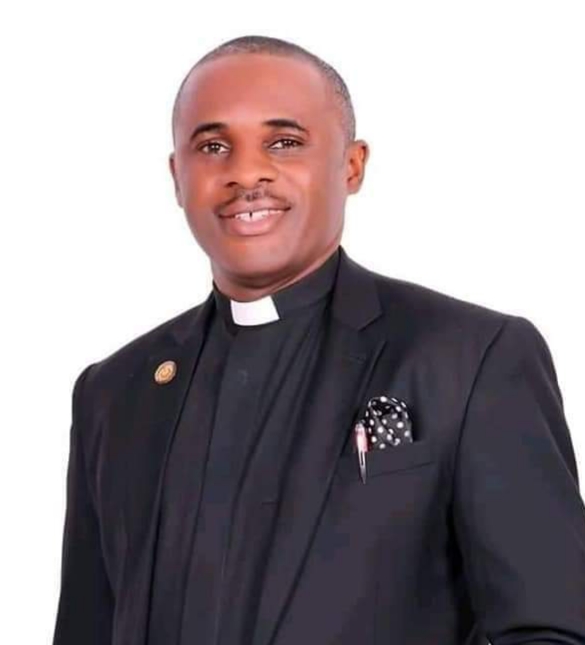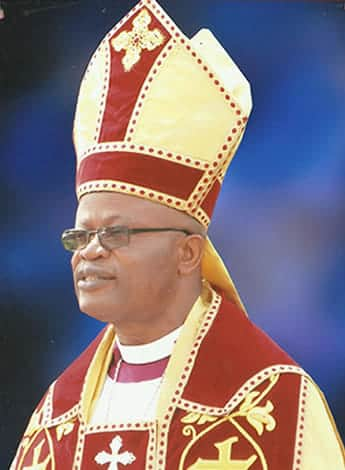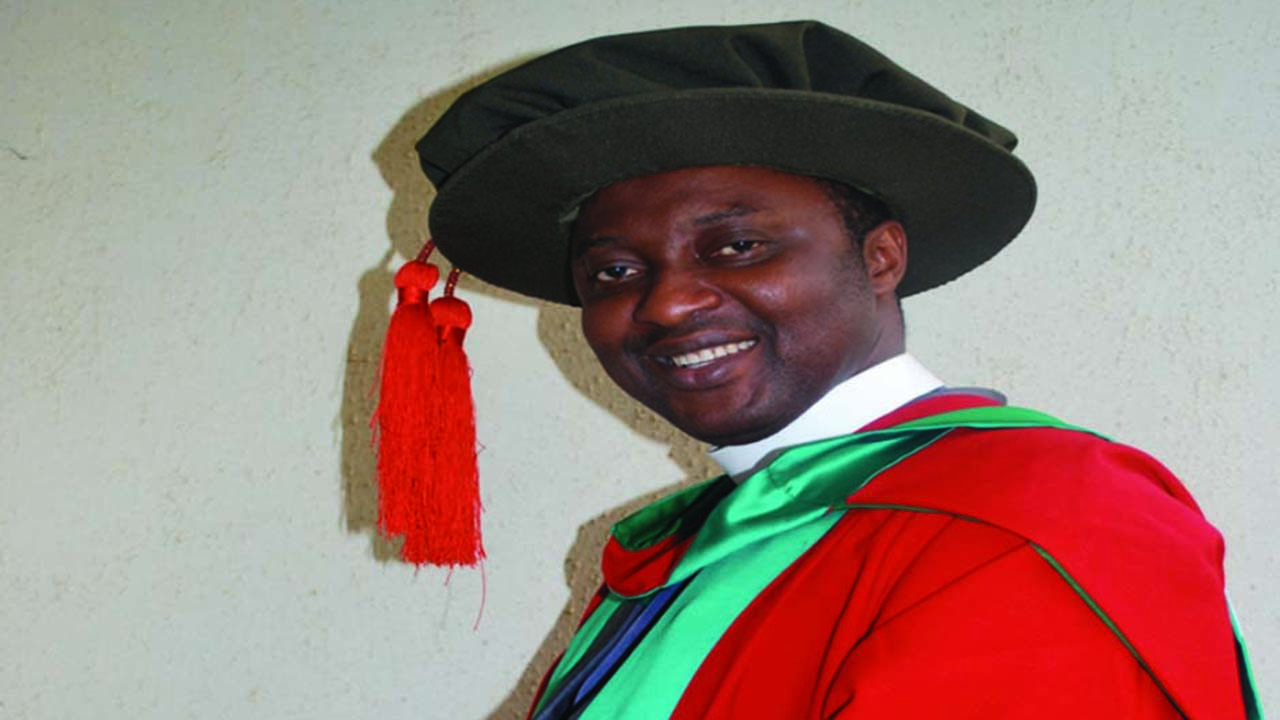The World Council of Churches and the Anglican mission agency USPG have both called for the release of a Filipino bishop who was arrested in May. Bishop Carlos Morales, the Bishop of Ozamiz in the Iglesia Filipina Independiente, or Philippine Independent Church (IFI) was arrested along with his wife when police stopped his car at a checkpoint in the village of Gango. He was travelling with Romel Salinas, associated with the opposition movement the National Democratic Front (NDFP). The police had a warrant for the arrest of Mr Salinas, but no warrant for Bishop Morales and his companions. The Union of People’s Lawyers in Mindanao has said that this means the arrest was illegal.
There has been widespread condemnation of Bishop Morales’ arrest, including from the regional ecumenical group, the Christian Conference of Asia
The executive committee of the World Council of Churches (WCC), which has been meeting in Amman, Jordan, spoke out in defence of Bishop Morales, saying that they believe “strong in his innocence” of the charges of “the illegal possession of firearms and ammunitions”.
In a statement, the WCC executive committee called for “the legal proceedings in Bishop Morales’ case to be concluded expeditiously, for his release on bail, and for his ultimate exoneration.” They say that Morales “is a respected church leader from the IFI, a member church of the World Council of Churches, and is well-known for his activism for dialogue, justice and peace in Mindanao.
“We pray for Bishop Morales, that he be strengthened, comforted and supported through this ordeal, and that he be affirmed in his ministry for justice and peace.”
On the wider issue of “escalating tensions and violence” in the southern Philippines island of Mindanao, the WCC executive committee statement calls also for “the lifting of martial law in Mindanao – in effect since May 2017 – as soon as possible; no wider geographic application of martial law in the Philippines; reconstruction of the city of Marawi, destroyed in fighting between government forces and militants linked to the so-called ‘Islamic State’ group; and the release of all political prisoners in the Philippines – as President Duterte committed to do during his campaign for election to this office.”
They say that they “especially call for renewed initiatives for dialogue and negotiations, in order to bring a sustainable end to the violence and bloodshed which has so long prevented the realisation of a just peace in the region.”
Separately, the Anglican mission agency USPG has repeated its support for Bishop Morales – first given in May, soon after his arrest.
Rachel Parry, USPG’s director for global relations, said that the agency “stands in solidarity with the members of the Iglesia Filipina Independiente to express concern over the continued detention” of Bishop Romales and Salinas.
She said that USPG “echo their voice” in the words of a statement issued by the IFI, which says that “the case filed against Bishop Morales and Mr Salinas is false and fabricated. It is ridiculous that a bishop and an NDFP Consultant who is JASIG protected carry an explosive while travelling in a highway.” JASIG stands for the Joint Agreement on Security and Immunity Guarantees, which was brokered by the UN in Geneva in 1995 to facilitate dialogue between the government of the Philippines and the NDFP.
The IFI statement goes on to say that “Bishop Morales and Mr Salinas have been deprived of their liberty, and their seven months in jail is an agonising one, specially so that it is obvious that there was absolutely no basis at all for their arrest and detention. Thus, we respectfully submit, that they do not deserve to stay any longer in jail.”
The IFI is the second largest Christian denomination in the Philippines, after the Roman Catholic Church. It works closely with the country’s Anglican province, the Episcopal Church in the Philippines. The IFI is in full communion with the Anglican Communion, and is an associate member of the Council of Churches of East Asia, the pan-provincial Anglican co-ordinating body in the region.






